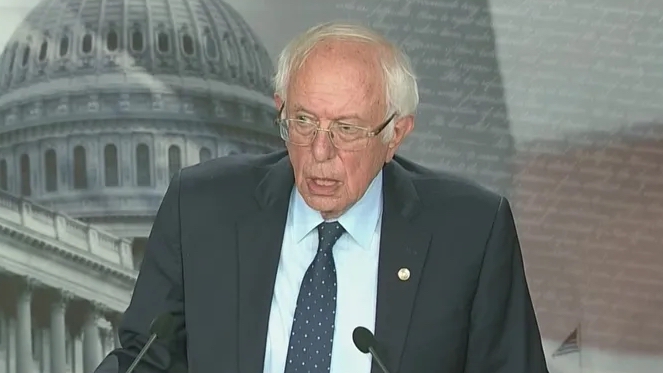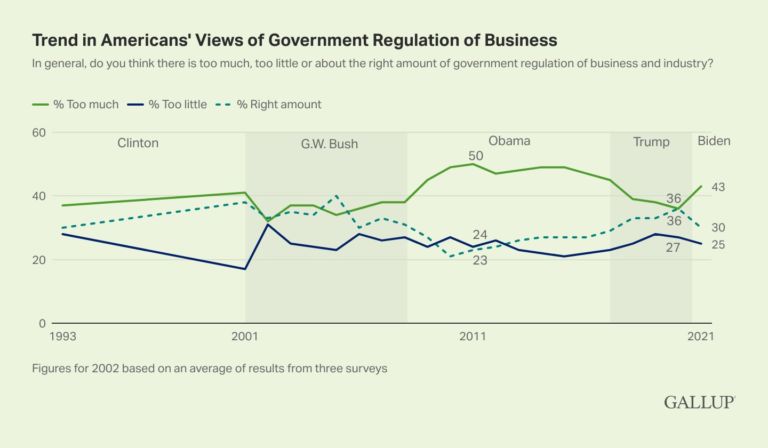 Regardless of its negative influence, the Occupy Wall Street movement has produced at least one positive spinoff effect: a series of books documenting the moral case for free markets. Tom Palmer, Arthur C. Brooks, and George Gilder are among those who’ve broached the subject in recent months.
Regardless of its negative influence, the Occupy Wall Street movement has produced at least one positive spinoff effect: a series of books documenting the moral case for free markets. Tom Palmer, Arthur C. Brooks, and George Gilder are among those who’ve broached the subject in recent months.
One of the most recent examples is Steve Forbes‘ latest book, Freedom Manifesto: Why Free Markets Are Moral and Big Government Isn’t.
We call the optimism of the market moral optimism because it promotes the betterment of society by fostering cooperation, entrepreneurial creativity, and innovation — what some call “human flourishing.” Without such faith in people and the future, individuals would be unable to work together in a voluntary economy. Markets and businesses couldn’t function. Entrepreneurial individuals would not invest and innovate. Society and people would not move forward.
The moral optimism of the market lies in stark contrast to the pessimism that drives Big Government and its supporters. To a certain degree, this is as it should be. Government’s core competency is protecting people from the bad behavior of others and maintaining order. Therefore its focus is on what can go wrong and on the baser side of human nature. The problem with Big Government, however, is that its policies, political culture — indeed, its entire worldview — are based on this negative perspective.
In the mind-set of Big Government supporters and bureaucrats, unregulated markets are chaotic places, where law-abiding individuals are endangered by the forces of “greed” and “injustice.” Thus the only “solution” must be controls that safeguard people and minimize risk. Without protection from government, the future can only hold disaster — whether that may be totally unaffordable health insurance, economic depression, or “the end of the American Dream.” Pessimism also colors statists’ views of rich and poor, who are seen as mutually antagonistic groups with opposing interests.


